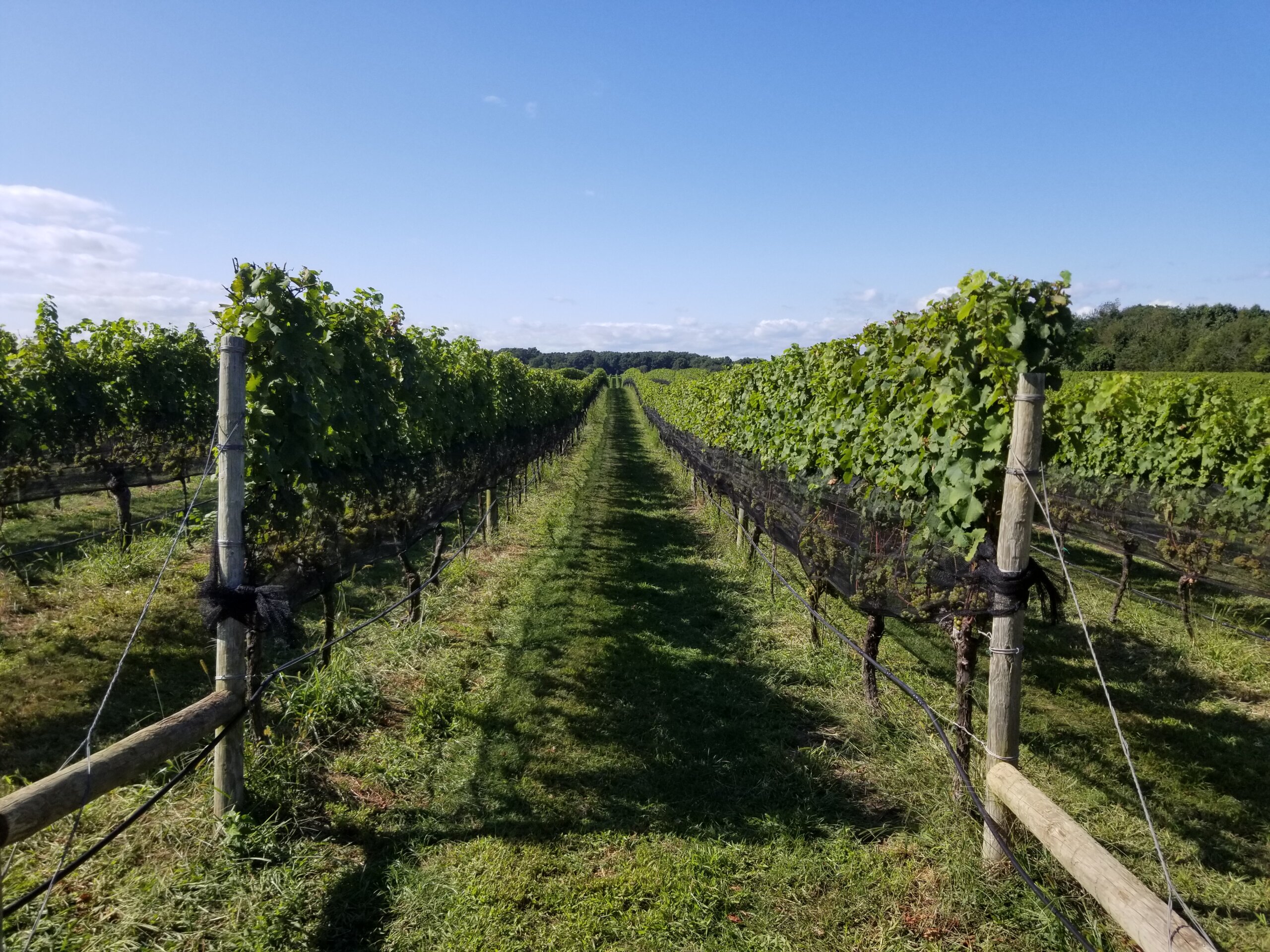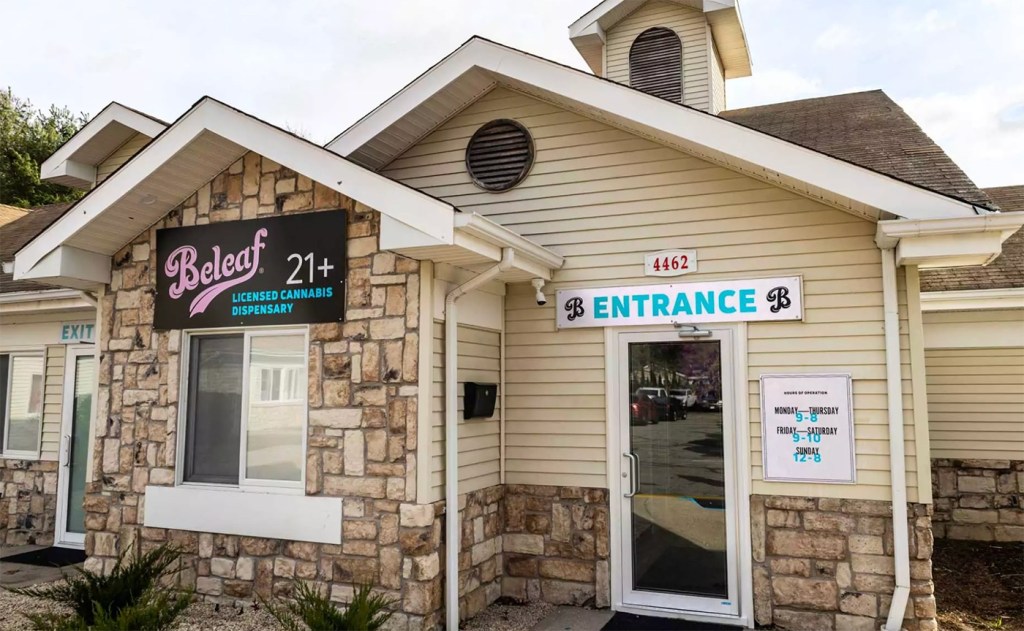North Fork Wine Country Has Come a Long Way in 50 Years

Louisa and Alex Hargrave purchased 66 acres of land and established Hargrave Vineyards in Cutchogue in 1973, and a new wine region was born. Fifty years, millions of bottles and countless accolades later, the North Fork is a celebrated wine destination that is widely recognized for its high-quality, robust offerings.
Today, Long Island Wine Country is a community of 57 distinct wine producers. Though concentrated primarily on the North Fork, the vineyards and wineries extend onto the South Fork and into western Suffolk County. About 500,000 cases of wine are produced each year from grapes grown on more than 3,000 planted acres. Over the years, honors for the region have included being named among the world’s “10 Best Wine Destinations” by Wine Enthusiast magazine.
“Hundreds of Long Island wines have been awarded 90 or more points by wine critics, which is validation of the quality of our wines and says a lot about how far we have come as a region,” says Kareem Massoud, president of Long Island Wine Country and winemaker at Paumanok Vineyards in Aquebogue and Palmer Vineyards in Riverhead, which were both established in 1983. “The holy grail for Long Island wine has always been our proximity to New York City.”
The region knew it could go a long way in establishing itself as a prominent, high-quality winemaking region if it could get New Yorkers to see the quality of its wines and put them on a par with wines from Europe and the West Coast.
“That goal has mostly been accomplished,” says Massoud. “We still have some work to do, but our wines are generally accepted as being of high quality. Many of us have had notable honors of having our wines served at top restaurants and around the world.”
After many decades of establishing the industry, “we are now acknowledged as a force — as a significant wine industry,” says Pindar Damianos, general manager of Pindar Vineyards in Peconic, which was established in 1979.
Many of the vineyards, including Pindar and Paumanok, have been owned and operated by the same family since their inception. In 1999, the Hargraves sold their vineyard to Marco and Ann Marie Borghese, who rechristened it Castello di Borghese; it continues to be run today by their son, Giovanni Borghese.
Richard Olsen-Harbich, winemaker at Bedell Cellars in Cutchogue, began his career in 1982 working at Mudd Vineyard in Southold, which was established by David Mudd and his son, Steve, in 1974.
“The Mudds were very important in the expansion of the region,” Olsen-Harbich says. “They were responsible for putting in about half the vineyards.”
Olsen-Harbich helped establish the former Bridgehampton Winery, an early commercial winery where he became winemaker and spent about 10 years before working at Hargrave Vineyards, Raphael in Peconic and finally Bedell.
“Early on, the region was just getting started, and there was a lot of trial and error, exploration and research,” he says. “When establishing a wine industry in a new place, you can’t just take things that have been done before and plug them into the new area — it doesn’t really work well. The only information we had available was from the West Coast, which has a completely different climate and soil from us, and from Europe, which has more in common with us, but the information wasn’t in English, and we didn’t have Google Translate. There was also no internet, and we had to figure out a lot of things on our own. I like to say that no one has made more mistakes making wine out here than I have.”
Much of the trial and error over the years has focused on varieties of wine. “We didn’t know the boundaries of the region and what varieties would do well here,” Olsen-Harbich says. “Today, we have a much more complete understanding of what our terroir is. It’s like having a relationship with a person for 50 years. You get to know the other person pretty well, and that’s where we are. But we still have more to learn — just as people change over time, the climate is changing as we progress forward.”
It turned out that many grape varieties do well on Long Island, and the region’s vineyards have expanded their offerings over the decades. Early on at Pindar, for instance, the focus was primarily on the flagship Long Island Winter White blend as well as chardonnay. Today, the vineyard offers more than 20 varieties, mirroring the expansion of the region overall.
The Cornell Cooperative Extension (CCE) of Suffolk County has been an important partner for the burgeoning region, providing variety trials and other research studies and education to assist vintners. CCE’s facilities include a 70-acre research farm in Riverhead called the Long Island Horticultural Research and Extension Center.
“It costs about $30,000 for a vineyard owner to plant an acre of grapes, and it takes three years to get them into production,” says Alice Wise, a viticulture specialist at CCE. Before making such a major investment, vineyard owners can work with CCE on a test run at the research farm to see how the vines do and how the fruit tastes.
Other studies at CCE focus on pesticide management and other ecological issues. “The local wine industry is very focused on being good stewards of the environment, and they are very interested in finding ways to farm that address environmental concerns while producing high-quality fruit,” Wise says.
Many important players in the local industry were instrumental in the development of Long Island Sustainable Winegrowing, a nonprofit organization that provides education and was the first program on the East Coast to offer third-party certification to vineyards for sustainable viticulture practices.
The tremendous growth of the industry over the last 50 years is a testament to the hard work and dedication of the people who run the vineyards and wineries, Wise says. “Managing a vineyard and a winery takes a tremendous amount of work year-round,” she continues. “No one is standing around swirling a glass of wine. The industry is what it is because of a group of people that have moved it forward and remain committed to that goal of producing good wine. Hats off to everyone!”
LI Wine Country is celebrating its milestone with two special events: First there’s a 50th Anniversary Library Wine Dinner with Tom Colicchio’s Temple Court at the Beekman Hotel in NYC on June 28. Then, Summer Grand Celebration will feature wines from more than 35 winemakers and food from local purveyors at Peconic Bay Vineyards in Cutchogue on August 19. For details, visit liwines.com/50th-anniversary.



